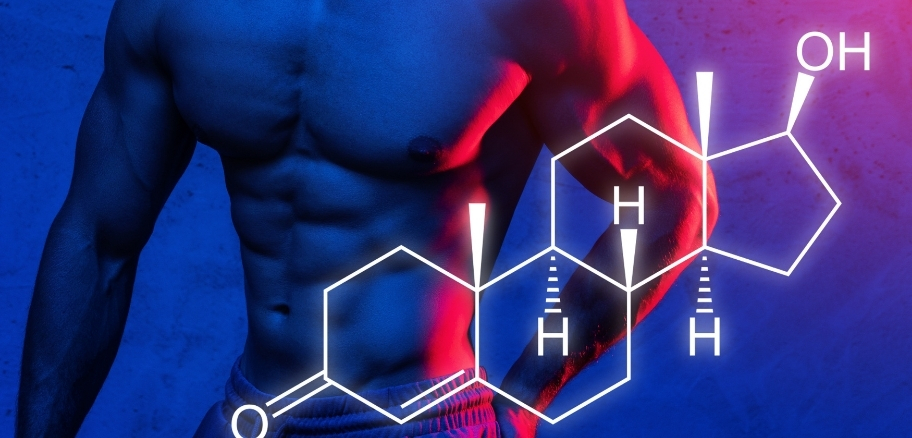Testosterone Myths and Misconceptions; BUSTED PART 1
category: Testosterone

Do you know the truth about testosterone? Testosterone treatment is an area of medicine that has been unnecessarily controversial for many years, so it’s hard to know what information is accurate when searching Dr. Google. It is quite common for men to feel confused, frustrated, and overwhelmed when researching what might be causing their loss of vigor and vitality.

Testosterone therapy, when implemented correctly, can make a life-changing difference for men experiencing symptoms of low T, however; the abundance of falsities regarding testosterone therapy has led to:
- Settling for subpar care by providers who have not committed to treating based on the latest proven information
- Men opting out of seeking solutions altogether
- Patients unsure of who to trust with their treatment
- Providers that don’t specialize hormones
Don’t let that be you. Don’t let the fear of the unknown hold you back from feeling your best. Knowledge is power.
Here are a few common myths, busted! Stay tuned for part 2.
Myth: Testosterone level is the most important factor in determining treatment.
Truth: No! Low testosterone should be determined based on both free and total testosterone as well as symptoms. The prescribing provider should have a complete ADAM questionnaire from the patient as well as a conversation to learn the patient’s symptoms, goals and the best route of treatment. The Androgen Deficiency in the Aging Male (ADAM) questionnaire is a quantitative analysis of symptoms of low testosterone. There is not a simple answer on treatment or dosing based on lab values alone. If the question is “am I a good candidate for testosterone therapy?” and a provider gives a simple “yes” or “no” response based on a single lab value of total testosterone, it is highly recommended to get a second opinion.
Myth: Testosterone therapy protocol must include an estrogen blocker or aromatase inhibitor (AI).
Truth: No, no, and no. For many years, this was considered the standard of care, but the medical evidence has since changed. Estrogen in men is not the enemy. Read that again! Men need estrogen to support bone health, sexual health and cardiac function. Blocking estrogen can be damaging to those areas of the body as well as worsen symptoms of erectile dysfunction. Then why do so many providers prescribe estrogen blockers? It is very hard for people, even medical providers, to unlearn what they have already learned. Despite the overwhelming evidence not to block estrogen, it use to be the standard protocol based on the unfounded idea that “men shouldn’t have high estrogen.”
Please refer to these references for more insight on this topic:
Therapeutic testosterone myths (podcast)
The role of Estradiol in male production (publication)
Myth: Using testosterone is only for bodybuilders.
Truth: The bodybuilding community is a large part of how testosterone therapy became popularized. Of course, testosterone does help build muscle and, in some cases, people do abuse testosterone to obtain super psychological levels and physique. Keep in mind, here we are talking about using testosterone to reach optimal, safe and healthy levels, not super physiological. In addition to muscle growth, testosterone supports a number of very important functions including but not limited to; cardiac function, bone health, sexual health (libido and quality of erections), energy, body composition (fat/muscle ratio), mood/disposition, mental clarity, and more. As you can see, men need adequate testosterone to function well. So yes, whether the goal is to build muscle, be a better employee, husband, dad, or just simply live as a more efficient person, testosterone might be right for you.
Our staff at Victory Men’s Health takes pride in staying up to date with the latest and proven means of therapy. Please reach out to learn more.